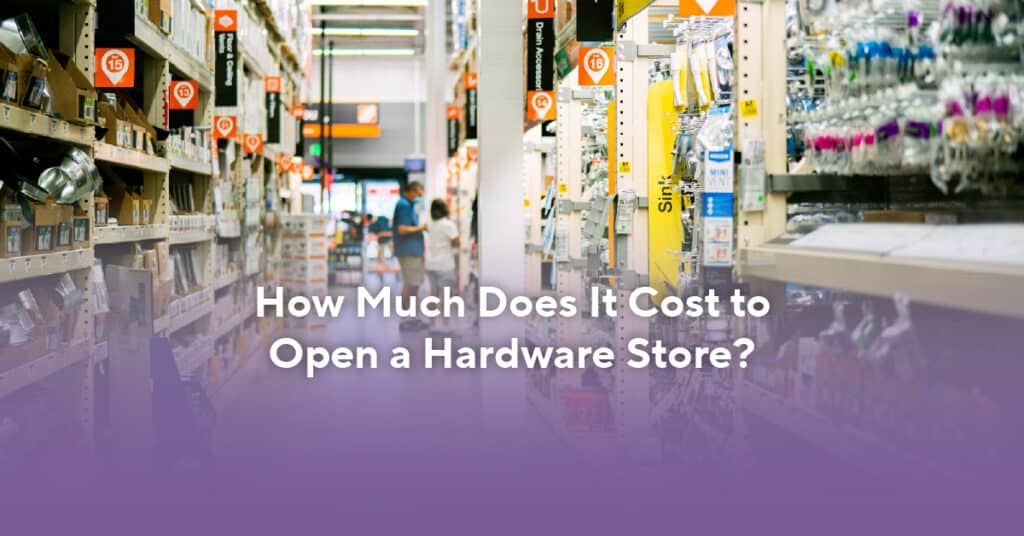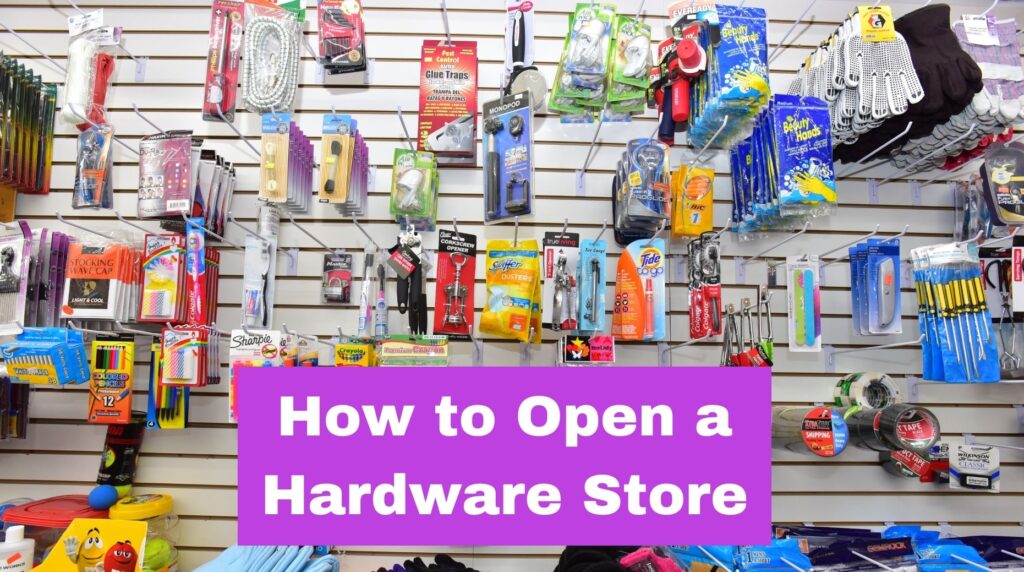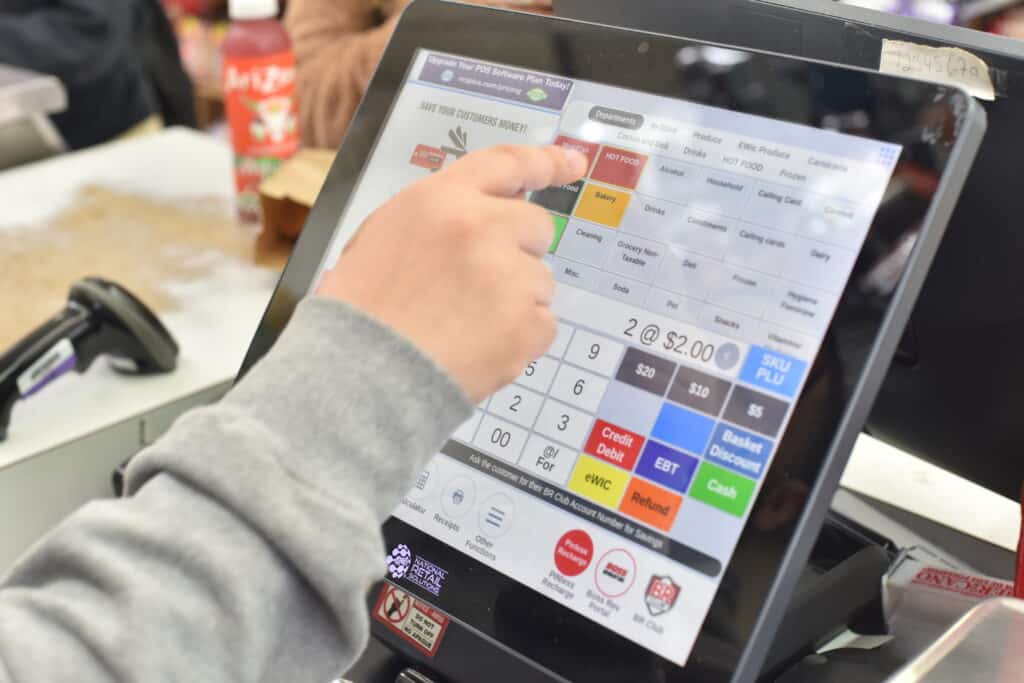Accounting is a crucial part of running a successful, independently owned, small to mid-sized business. A merchant opening a business may be great at sales and promotions but not so good at crunching numbers and accounting.
Business owners must absolutely be schooled in how to accurately and thoroughly reconcile sales and expenses. If not, this can become a tedious, error-prone job that leaves merchants wondering why sales and expenses aren’t adding up. Do they think they’re not profiting as much as they should be, given sales numbers? Or maybe the sales numbers are inaccurate, or they’re not on top of expenses. Either way, it’s a very bad situation.
Here are some small business accounting tips that can help proprietors prosper short term and in the long run:
NRS is committed to helping Mom-and-Pop businesses grow and become successful. To learn more about NRS and how the National Retail Solutions point of sale system can meet your accounting needs, visit nrsplus.com or call (833) 289-2767.
Business owners must absolutely be schooled in how to accurately and thoroughly reconcile sales and expenses. If not, this can become a tedious, error-prone job that leaves merchants wondering why sales and expenses aren’t adding up. Do they think they’re not profiting as much as they should be, given sales numbers? Or maybe the sales numbers are inaccurate, or they’re not on top of expenses. Either way, it’s a very bad situation.
Here are some small business accounting tips that can help proprietors prosper short term and in the long run:
- Track everything, from the smallest purchases to big-ticket items. It’s impossible to settle your accounts if you decide that a 99-cent purchase isn’t worth tallying in the books. Well, those 99-cent purchases add up. Sure, the register tallies them, but if you don’t include them in the accounting ledger, you’ve lost profit.
- Document all your expenses. Sales need to be offset against expenses so that the business owner can truly keep track of profits. No expense is too small or large, from rent payments to buying a new end cap.
- We’ve used terms like the ledger and the books, but they should actually be electronic and not kept manually. It’s much easier to lose track or miscalculate sales and expenses using pen and paper. One small human error, whether forgetting to include expenses for an order or putting a decimal in the wrong place, can create accounting chaos.
- Choose a Point of Sale (POS) system that automatically tracks your expenses and reports on profits. Automated data collection is significantly less prone to mistakes and saves merchants and their staff valuable time. In addition, POS systems, such as those offered by top-flight companies like National Retail Solutions (NRS), offer additional services such as remote inventory tracking and payroll programs.
- Remote inventory tracking lets a merchant check store sales and what’s on the shelf and determine, from anywhere, which and how many items need to be restocked, and when.
- An electronic payroll system is a much more accurate way of tallying employee hours than a hand-kept ledger. Having a digital employee time clock is foolproof in knowing how many hours staff has worked. Merchants can then incorporate this data into their expenses to see if they are overstaffing or understaffing.
NRS is committed to helping Mom-and-Pop businesses grow and become successful. To learn more about NRS and how the National Retail Solutions point of sale system can meet your accounting needs, visit nrsplus.com or call (833) 289-2767.








